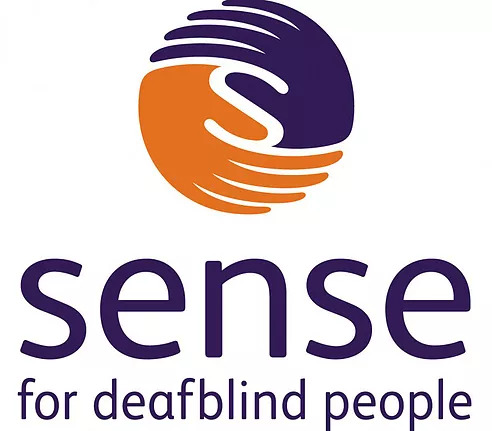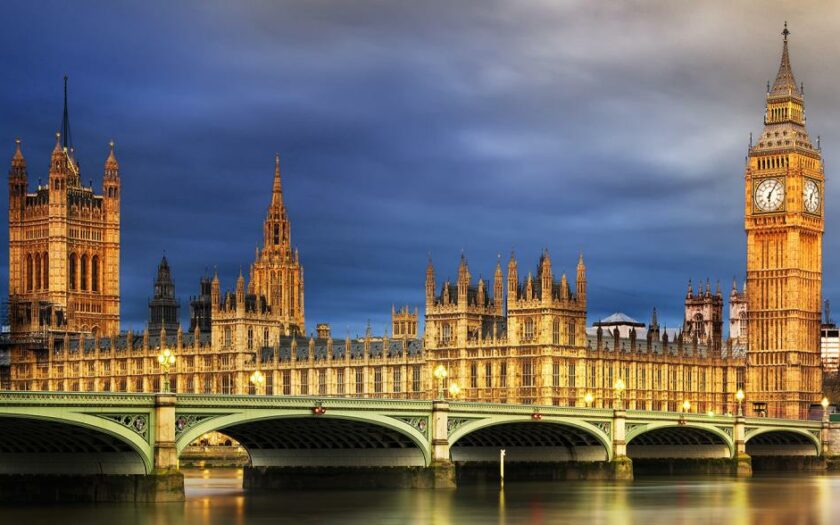Written by Georgina Smerald

Georgina carries out research for Sense to help understand the experiences of people with complex disabilities.
………………………………………………….
Yesterday the Government announced that it has downgraded the Minister for Disabled People. The role is no longer only focussed on disabled people and will be included as part of a Junior Minister’s existing brief.
This means that there is no longer a senior person in Government whose role is to champion the interests of disabled people. Incorporating the role into another more junior minister’s brief falls short of tackling the many issues impacting disabled people.
There is no doubt that improving the lives of disabled people is a massive brief but that is exactly why we need a dedicated Minister for Disabled People. This move is a backwards step, and sends an appalling message to the 16 million disabled people in the UK.
We need someone in Government whose role is to represent disabled people at the highest level, to make sure their experiences perspectives are factored into decision making so that they are not forgotten.
This role is vital to ensuring that there is someone who can effectively work across Government so that all departments factor in the needs of disabled people into their work and remit.
It is also important that disability charities and campaigning organisations have someone senior in Government who we can actively engage and work with.

Here are few examples of some of the many issues that would benefit from having a dedicated Minister for Disabled People.
Tackling inequality
We know from our work that disabled people face many barriers and are impacted by many inequalities. Our Potential and Possibility research found that people with complex disabilities are more likely to less happy, more anxious and more lonely compared to the general population. These are just some of the ways that inequalities can impact disabled people lives.
We know from our services and work how important it is that disabled people are able to be independent and live their own lives.
There needs to be ongoing action by Government to understand and address the barriers and inequalities faced by disabled people to meaningfully improve the lives of disabled people.
Cost of living
The cost of living crisis is far from over and disabled people continue to be disproportionately affected. This winter disabled people are going into winter with higher energy bills and less support than last year.
It is no wonder that according to our research 70% of people with complex disabilities are worried about how they will cope financially. The same number of people with complex disabilities (70%) are also worried about keeping their home adequately warm.
More is needed to support disabled people through the cost of living crisis including introducing a social tariff and reviewing the benefits system.
Social care
There are a number of challenges affecting social care from lack of funding to staff shortages. This has a massive impact on people with complex disabilities, many of whom rely on social care services.
Despite 61% of people with complex disabilities feeling they had a better quality of life because of the care and support they receive. Over 1 in 5 (21%) people with complex disabilities who used social care services felt they didn’t have the right care and support to meet their needs and nearly a third (31%) experienced staff shortages.
Without a functioning social care system many people with complex disabilities will not have the services and support they need.
Improving benefits
With the recent announcements on Work Capability Assessments and worrying rhetoric around benefits, now more than ever there needs to be a better understanding of the needs of disabled people in Government.
Many of the current proposals on changes to benefits lack understanding of the barriers disabled people face looking for and accessing employment. Our employment research found that half of jobseekers with complex disabilities (50%) didn’t feel that they had the support and equipment they needed to look for work.
There needs to be more support, awareness and understanding of how to better support disabled people to be able to access employment. This is in addition to ensuring that the benefits system works for disabled people and enables them to afford the essentials.
What next?
Many of the issues above don’t have any easy solutions, nor are they going to disappear anytime soon. These are just some of urgent issues and challenges facing disabled people that require Government action.
This job is too big to be shared and too important not to be filled.
That is why we are calling for the Government to reinstate the Minister for Disabled People as a Minister of State to ensure representation for disabled people at a senior level.

